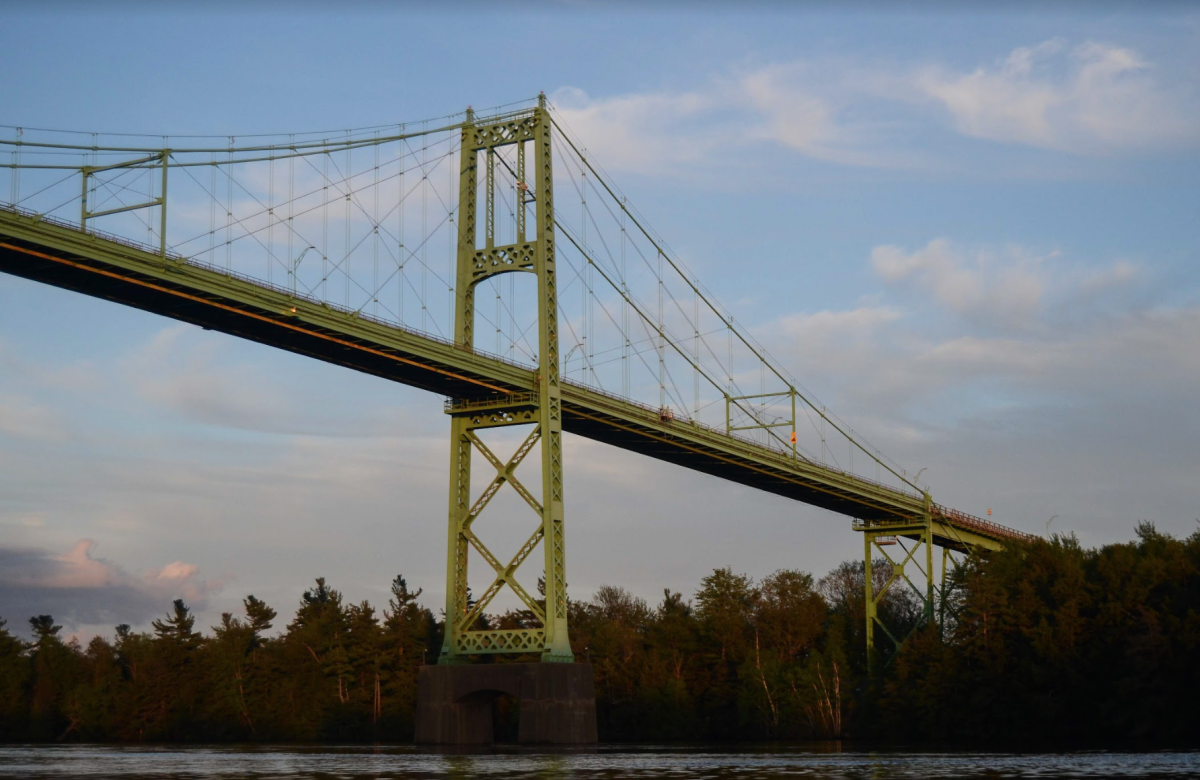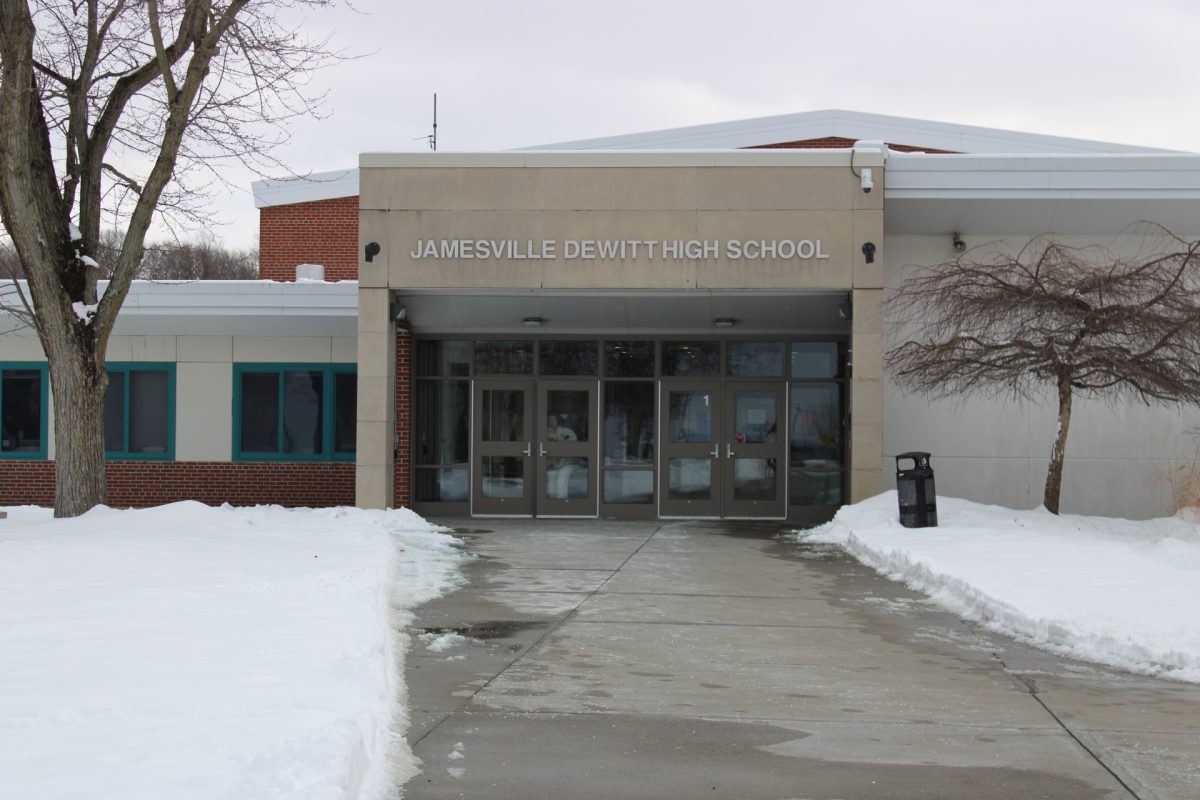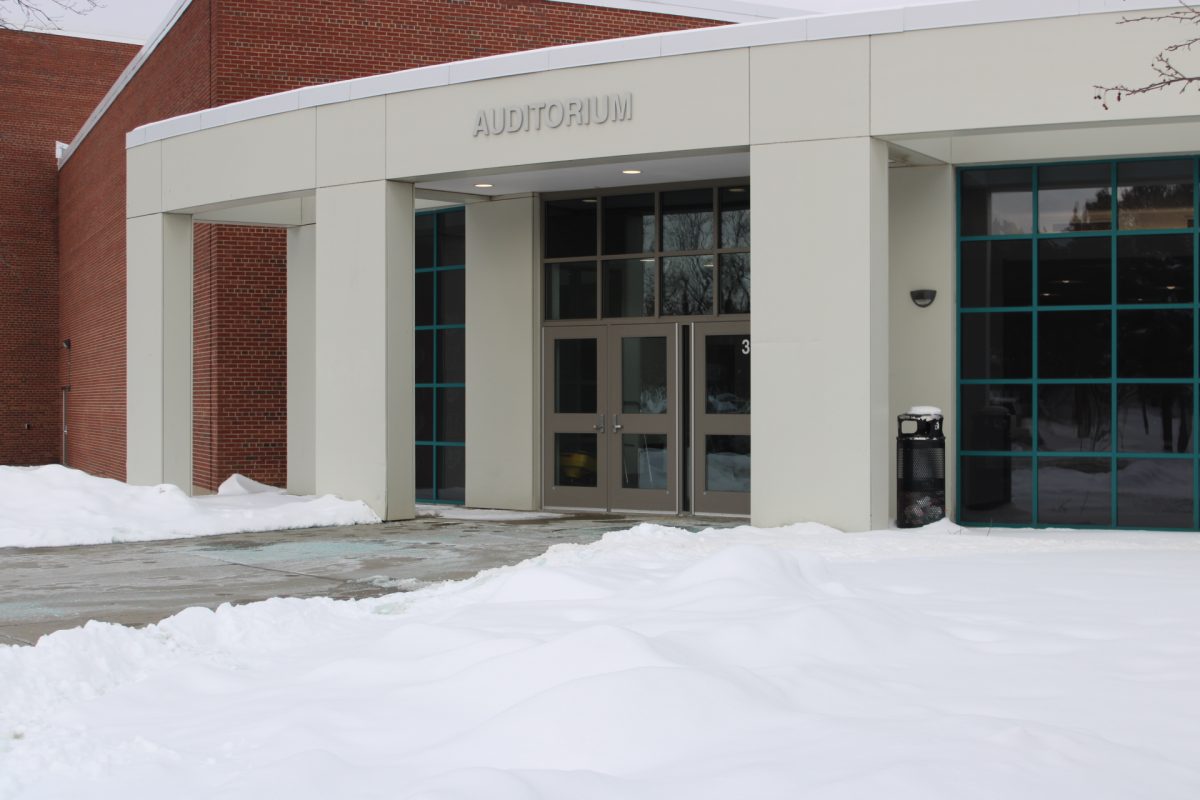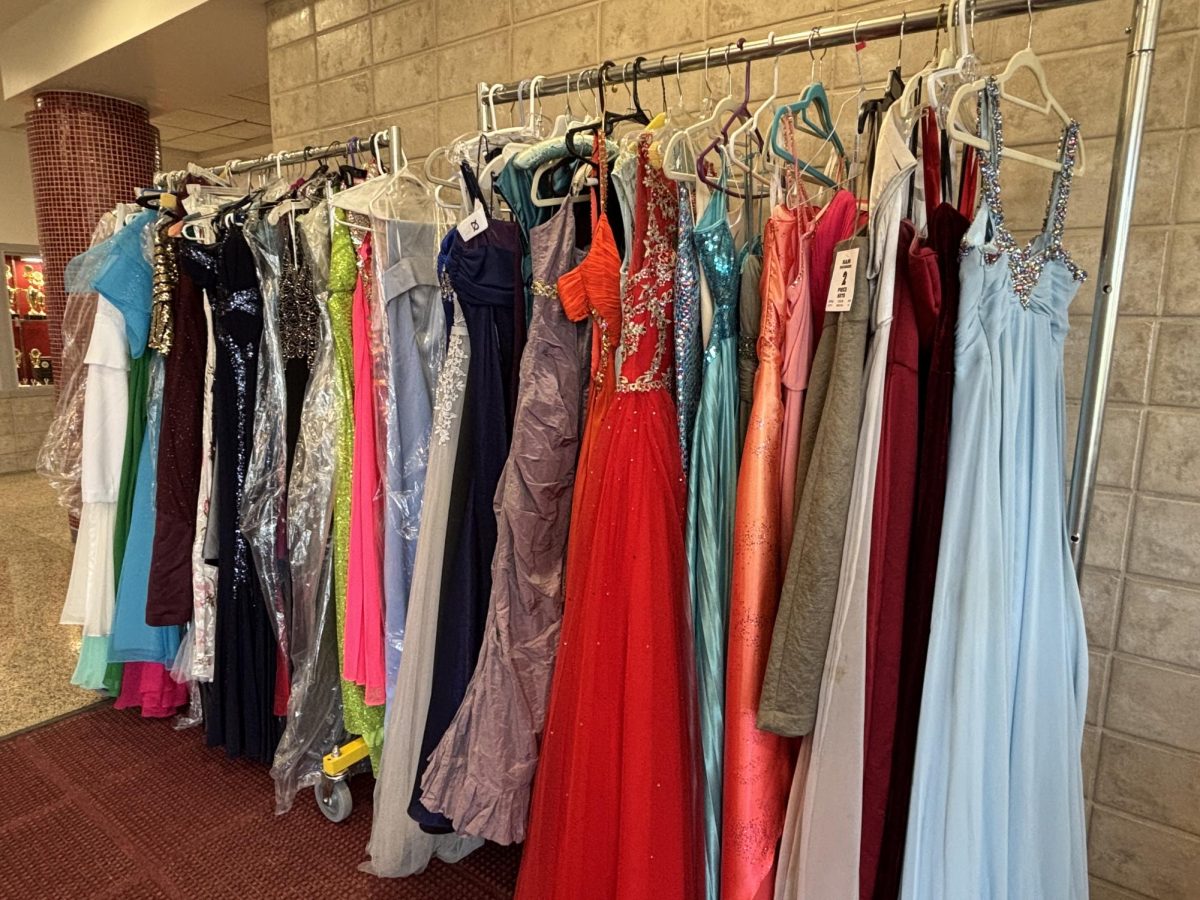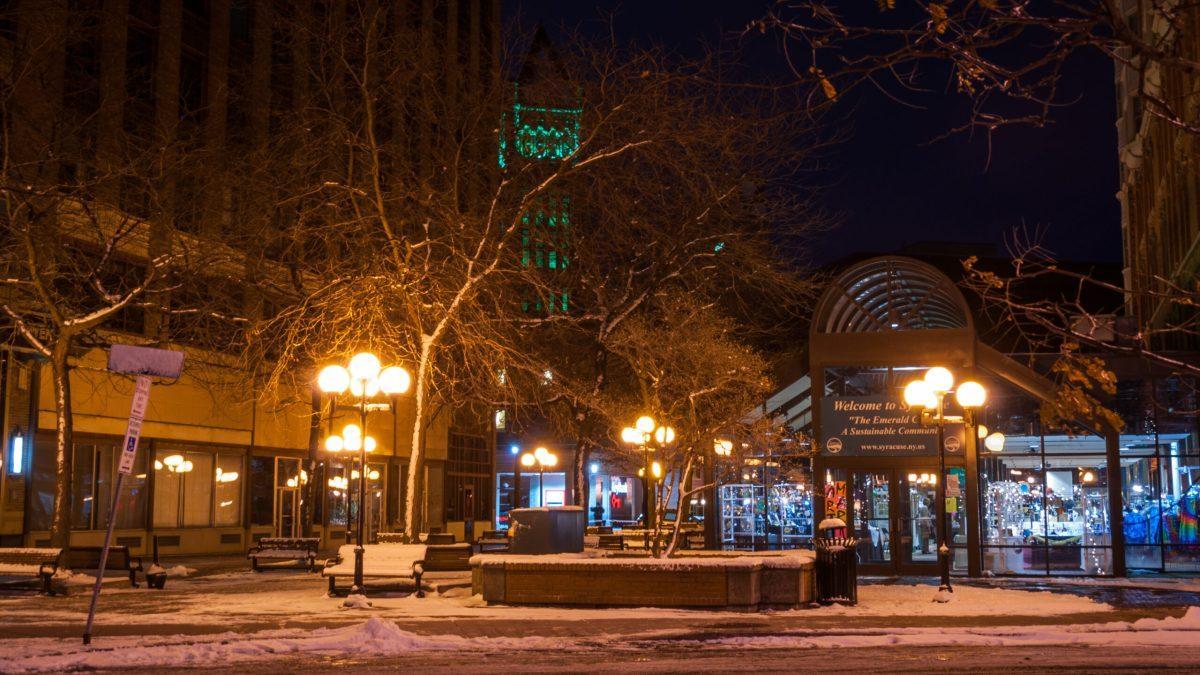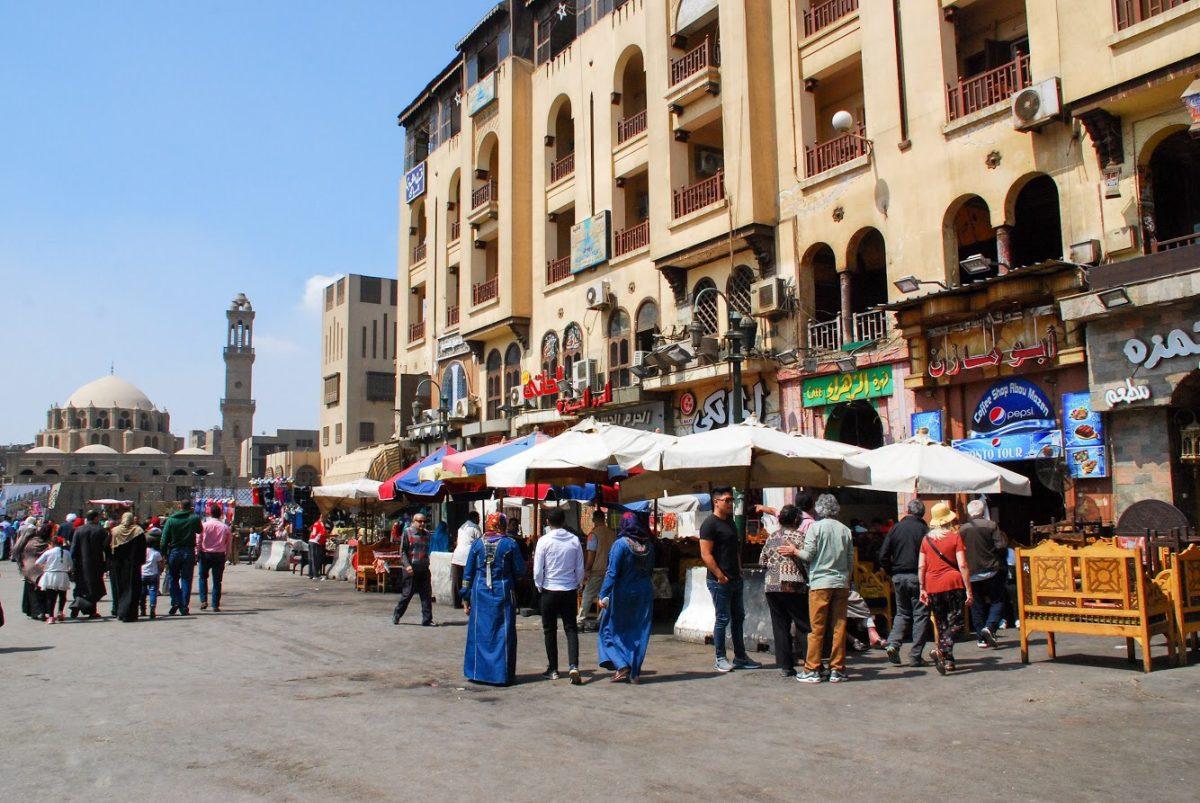In March 2020, the world shook in the presence of the COVID-19 global pandemic as millions died from a disease that medical health professionals had not yet developed any treatment or immunization for. In order to stop the spread of COVID-19, stay-at-home orders were issued, and borders between multiple countries were temporarily closed, straining international travel until even the present day. Among the borders that were restricted was the Canada-United States border.
With the international border closed, hundreds of other figurative borders were put up. Separated families, friends, businesses, and so on were forced to overcome distance and continue to build their relationships on completely unprecedented grounds. The Canadian and U.S. economy suffered greatly as a result of the lack of tourism, both countries’ unemployment rates consequently dropping to their lowest in recent years. International trade was also heavily affected; at times some products were unavailable in stores due to a lack of transportation. Only recently did the Canada-U.S. border reopen, allowing a somewhat return to a sense of normalcy in these areas.
On August 9, the Canada-U.S. border reopened to fully vaccinated citizens of the United States. On September 7, the Canada border reopened to fully vaccinated international citizens. Still, there are multiple restrictions on border entry to ensure safe travel. A new addition to the border patrol’s measures is ArriveCAN, which allows travelers to upload all of their necessary documents to a single portal.
In order to safely cross the border, there are multiple documents required, including an ArriveCAN receipt, a COVID-19 vaccination card, proof of a negative COVID test, and all documents required for travel pre-COVID.
Even tourists with all of the above may be selected for random COVID-19 testing. If subject to this testing, tourists must take an arrival test on the day that they enter Canada, either given by an on-site testing center official or self-administered. Those who are tested are not required to wait for their results or even quarantine.
Moving forward, the state of travel to Canada remains extremely delicate. If more citizens are able to get vaccinated and the COVID-19 curve flattens, there is the possibility that the border will lessen their restrictions. However, as we enter the holiday season, COVID-19 cases may rise as families gather to celebrate. In this case, there’s no saying that the Canadian border will not close again. Stay healthy and travel safely!





























